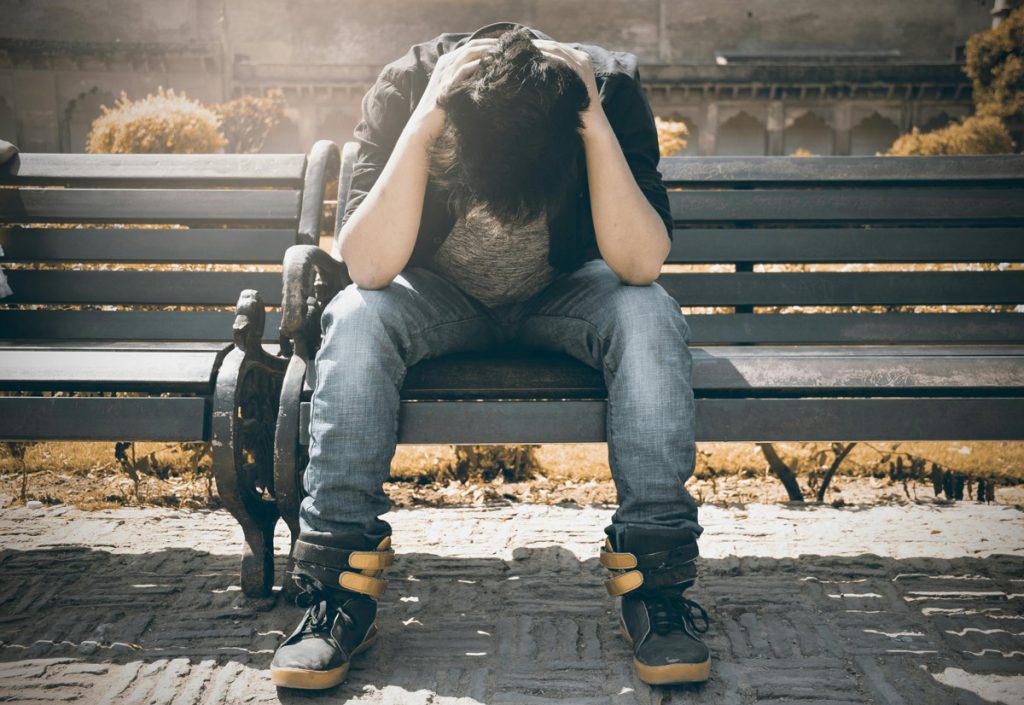In today’s world, mental health and addiction issues are pervasive challenges that affect millions of people across various demographics. Despite increasing awareness, the barriers to seeking help for these conditions remain significant. A major contributor to these barriers is stigma, which often prevents people from pursuing treatment due to fear of judgment, discrimination, and isolation. This article explores the role of stigma in seeking treatment for addiction and mental health, its impact on individuals, and ways to reduce stigma to encourage more people to seek the help they need.
Understanding Stigma: A Multifaceted Barrier
Stigma is defined as a negative stereotype or perception associated with a particular circumstance, quality, or person. In the context of mental health and addiction, stigma often manifests as feelings of shame, guilt, and social rejection. It can come from various sources, including society at large, healthcare professionals, family, friends, and even oneself.
There are two primary forms of stigma related to addiction and mental health:
- Social stigma involves the societal rejection and negative labeling of individuals struggling with mental health and substance use disorders.
- Self-stigma occurs when individuals internalize these negative stereotypes, leading to feelings of worthlessness and a belief that they are undeserving of help.
Both forms of stigma contribute significantly to treatment avoidance, as individuals may feel that admitting to needing help is a personal failure or may fear being labeled as “weak” or “broken.” This reluctance can delay recovery and exacerbate the severity of their condition.
The Impact of Stigma on Mental Health Treatment
The stigma surrounding mental health can prevent people from acknowledging their struggles and seeking professional support. Many fear that by disclosing their mental health issues, they will be treated differently by employers, colleagues, or loved ones. This fear is not unfounded; studies show that individuals with mental health disorders often face discrimination in the workplace, limited opportunities for advancement, and social exclusion.
Furthermore, mental health stigma is rooted in historical misconceptions about mental illness. In the past, mental health disorders were seen as signs of moral failure or personal weakness. Although we’ve made strides in understanding mental health, these outdated beliefs still linger, contributing to negative perceptions. Individuals may hesitate to seek therapy, counseling, or medication because they worry that doing so will confirm others’ perceptions that they are “crazy” or “incapable.”
For marginalized communities, stigma related to mental health can be even more pronounced. Cultural beliefs, lack of access to culturally competent care, and systemic inequalities often compound the effects of stigma. For instance, many BIPOC (Black, Indigenous, and People of Color) communities experience heightened stigma, as mental health struggles may be perceived as a betrayal of cultural resilience.
The Stigma of Addiction: A Lifelong Challenge
Addiction is often met with even greater stigma than mental health conditions. While mental health stigma is slowly being addressed in public discourse, addiction is still frequently seen through the lens of moral failing rather than as a medical condition. Many people view addiction as a result of poor choices or lack of willpower rather than recognizing it as a complex disorder influenced by genetic, environmental, and psychological factors.
The stigma surrounding addiction can make individuals feel isolated, unsupported, and afraid to seek help. This is particularly true for those who have relapsed or are struggling with a substance use disorder. Addiction is often viewed as a “self-inflicted” problem, which can lead to a vicious cycle of shame and self-blame. This cycle may discourage people from attending support groups, entering rehabilitation programs, or speaking to a doctor about their struggles with addiction.
Additionally, individuals recovering from addiction often face stigma even after they have achieved sobriety. Many people carry the misconception that addiction is a lifelong label, causing difficulties for those in recovery to reintegrate into society, find employment, or build relationships.
The Role of Self-Stigma in Treatment Avoidance
Self-stigma, in particular, plays a significant role in treatment avoidance for both mental health and addiction. When individuals internalize the negative stereotypes associated with their condition, they may feel that they are unworthy of treatment or incapable of recovery. They may also believe that their condition is a personal failing rather than a treatable disorder.
This internalized stigma often leads to avoidance behaviors. People may refuse to seek help out of fear that others will confirm their worst fears about themselves. They may also downplay the severity of their condition, convincing themselves that they do not need help or that their struggles are not serious enough to warrant professional attention. This type of thinking can prolong suffering and delay recovery, making it harder to overcome mental health or addiction challenges.
Breaking Down the Barriers: Reducing Stigma
Reducing the stigma around addiction and mental health is crucial for encouraging individuals to seek treatment and recover successfully. Here are several ways to combat stigma and create a more supportive environment for those seeking help:
Education and Awareness: Educating the public about the realities of mental health and addiction can help dispel myths and misconceptions. By providing accurate information about the causes and treatments for these conditions, we can reduce negative stereotypes and encourage more open conversations.
Language Matters: The language we use when discussing mental health and addiction plays a powerful role in shaping perceptions. Using person-first language (e.g., “a person with depression” instead of “a depressed person”) can help reduce stigma and remind people that these conditions do not define an individual’s entire identity.
Support Systems: Building strong support systems, whether through peer support groups, family involvement, or professional counseling, can help individuals feel less isolated and more empowered to seek treatment. Normalizing conversations about therapy, rehab, and recovery can help break down the shame associated with these processes.
Policy and Advocacy: Public policies that ensure access to mental health and addiction treatment, reduce discrimination, and promote equity can significantly impact how society views these issues. Advocating for mental health parity laws, substance use disorder treatment coverage, and workplace protections can make it easier for people to seek help without fear of stigma.
Leading by Example: Celebrities, public figures, and individuals in positions of influence who openly discuss their experiences with mental health or addiction can serve as powerful role models. By sharing their stories, they can reduce stigma and encourage others to seek help without fear of judgment.
Ending The Stigma
Stigma remains one of the most formidable barriers to seeking treatment for addiction and mental health disorders. Overcoming this barrier requires a collective effort from society, policymakers, and individuals alike. By fostering open conversations, offering support, and advocating for systemic changes, we can reduce the harmful effects of stigma and help more people feel comfortable seeking the treatment they need to live healthy, fulfilling lives.
About the Author: Danika Kimball is a ten-year veteran of the SEO industry and is based in Boise, Idaho. Outside of work, she enjoys playing video games and advocating for individuals to overcome traumas through self-love and support systems.
Photo by Inzmam Khan: https://www.pexels.com/photo/man-in-black-shirt-and-gray-denim-pants-sitting-on-gray-padded-bench-1134204/
The opinions and views expressed in any guest blog post do not necessarily reflect those of www.rtor.org or its sponsor, Laurel House, Inc. The author and www.rtor.org have no affiliations with any products or services mentioned in the article or linked to therein. Guest Authors may have affiliations to products mentioned or linked to in their author bios.
Recommended for You
- Why Eating Disorders in Men Are Often Missed - July 3, 2025
- No More Silence: The Opioid Epidemic’s Alarming Impact on Women - June 30, 2025
- The Hidden Impact of Repressed Memories on Mental Health and How to Heal - June 26, 2025







